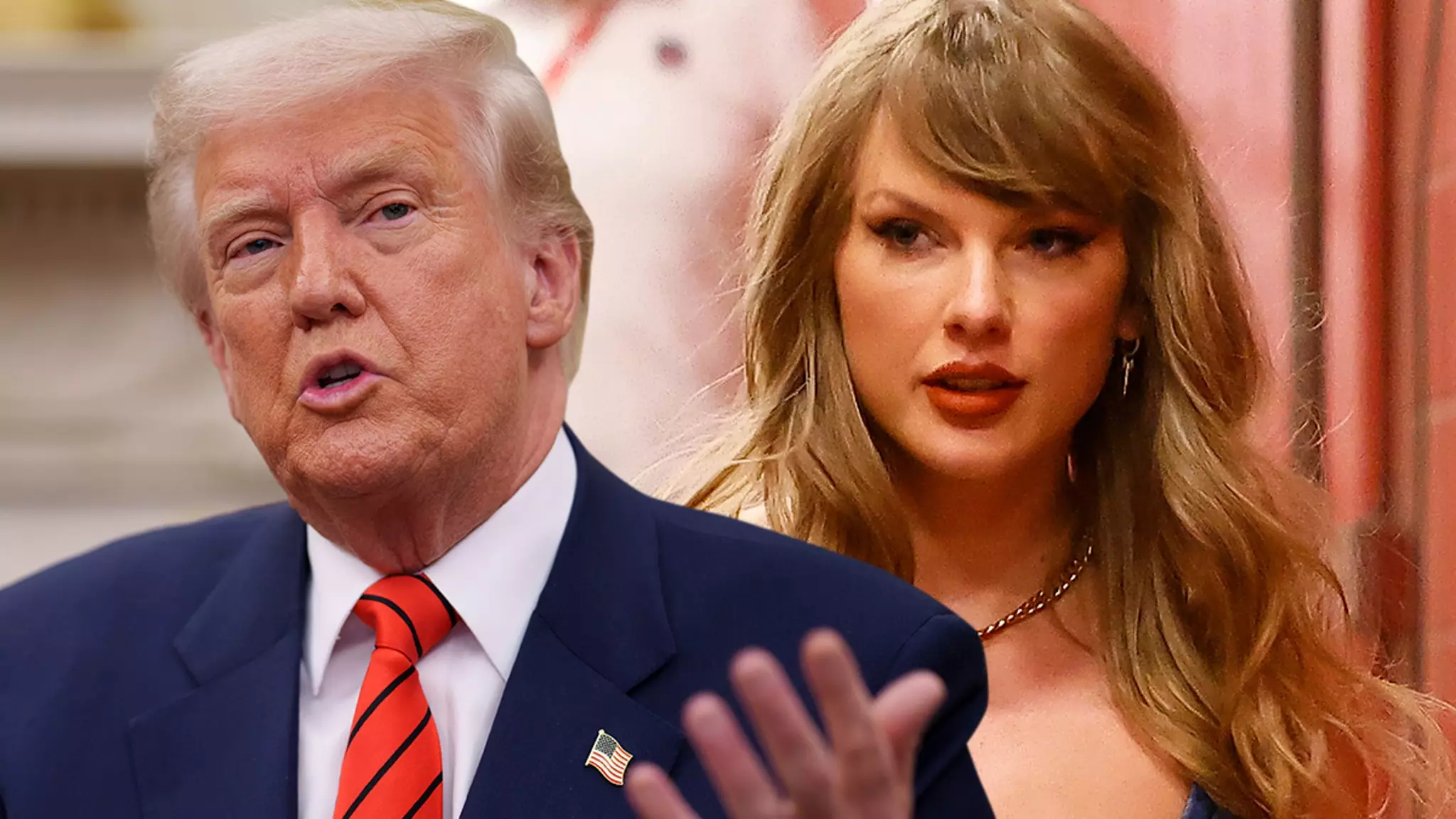In the realm of celebrity culture, where public personas constantly intersect with political narratives, Donald Trump’s recent commentary on Taylor Swift raises eyebrows and sparks amusement. The former President, known for his often controversial and blunt statements, took to his social media platform, Truth Social, to express a dramatic shift in his perception of the pop icon after her political endorsement. His post, declaring that since expressing his disdain for her—stating, “I HATE TAYLOR SWIFT”—she has lost her appeal, speaks volumes about the transactional nature of celebrity your-image and political loyalties.
From a mere celebrity endorsement to public insults, the dynamics surrounding Swift illustrate how quickly admiration can turn to disdain, depending on political alignment. Trump’s assertion that now Taylor is “no longer HOT” is emblematic of a larger trend: the tendency of public figures to use social media as a battleground for their grievances and party loyalties rather than genuine aesthetic judgments. It’s a vivid reminder that in the eyes of some, beauty is conditional, intertwined with one’s choices in the political arena.
The Unraveling of Admiration
It’s fascinating to consider how Trump’s previous compliments about Swift can be contrasted with his more recent derision. A year ago, he extolled her beauty, labeling her “unusually beautiful.” This inconsistency prompts one to wonder about the nature of his admiration—is it authentic admiration for talent, or is it merely contingent on her political affiliations? When Swift openly supported Vice President Kamala Harris in late 2024, she seemingly crossed an invisible line in Trump’s world, transforming from a figure of beauty to one of ugliness in his discourse.
In a landscape fraught with partisan opinion, Trump’s comments signal more than simple discontent; they unleash the fervor of his supporters who hang on every word. His jabs at Swift have ignited backlash from the “Swifties,” her dedicated fanbase, reflecting how celebrity discourse can fracture along political lines. It further highlights a disturbing trend where public accolades can swiftly transform into scorn based on a single political action. Such reactions are not just personal; they emanate from a deeper culture war that continues to polarize audiences.
The Symbolism of Beauty and Politics
Beauty, in its multifaceted representation, often wades into the murky waters of politics. Trump’s recent comments imply that one’s appeal is largely determined by political stances rather than intrinsic qualities. He emphasizes a distorted notion of beauty that aligns with personal politics—invoking a childish logic reminiscent of playground bullying. When one polite compliment can evaporate into belittlement within the blink of an eye, it serves as a cautionary tale about the fragility of public image amid political discourse.
In a polarized climate, where every comment can be weaponized, Trump’s musings about Swift reflect the absurdity of a driven celebrity culture tangled with partisan politics. Swift, a figure embodying artistic liberty and a formidable voice for social justice, is but a pawn in a much larger game orchestrated by Trump, who has made a habit of interweaving celebrity and politics. With his public disdain for her, he not only attempts to undermine her stature but also perpetuates a broader narrative about the perils of political loyalty within the lens of personal worth.

